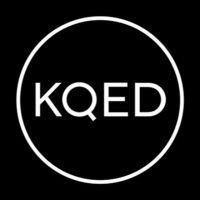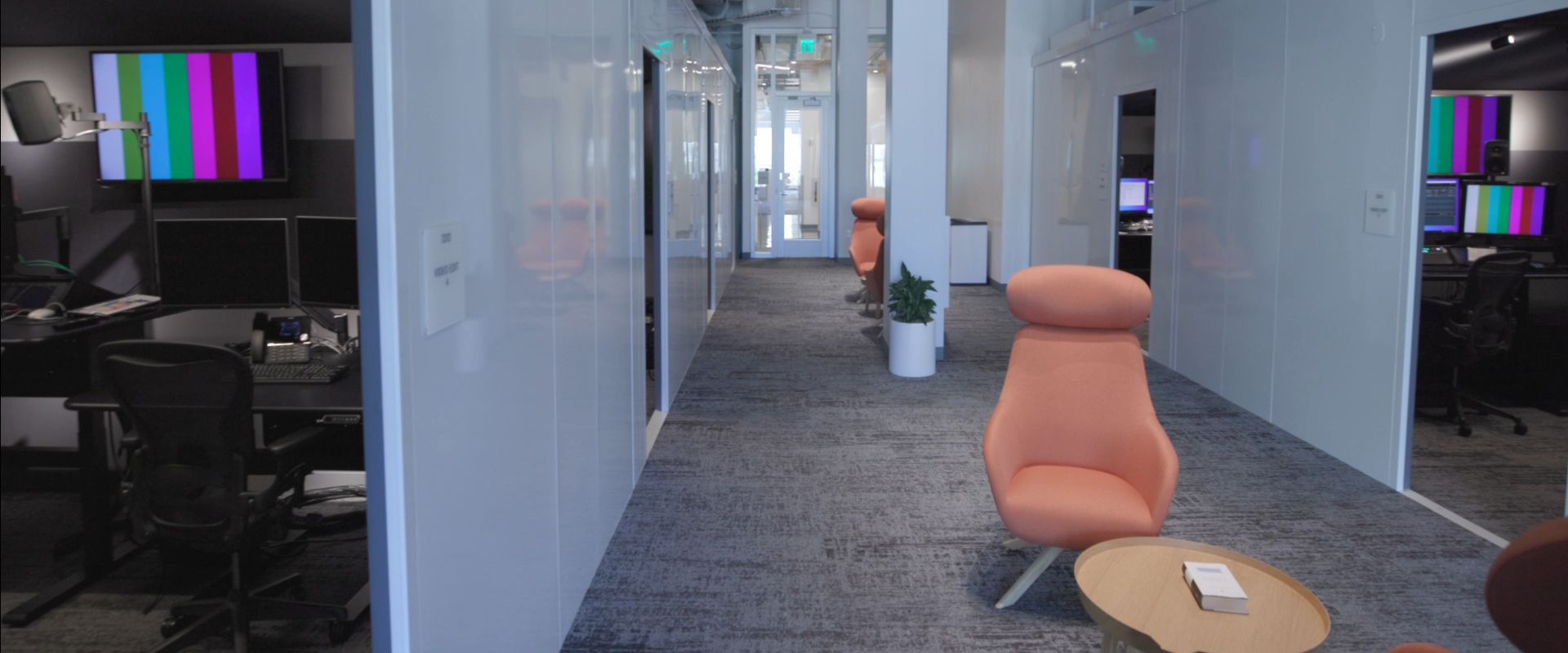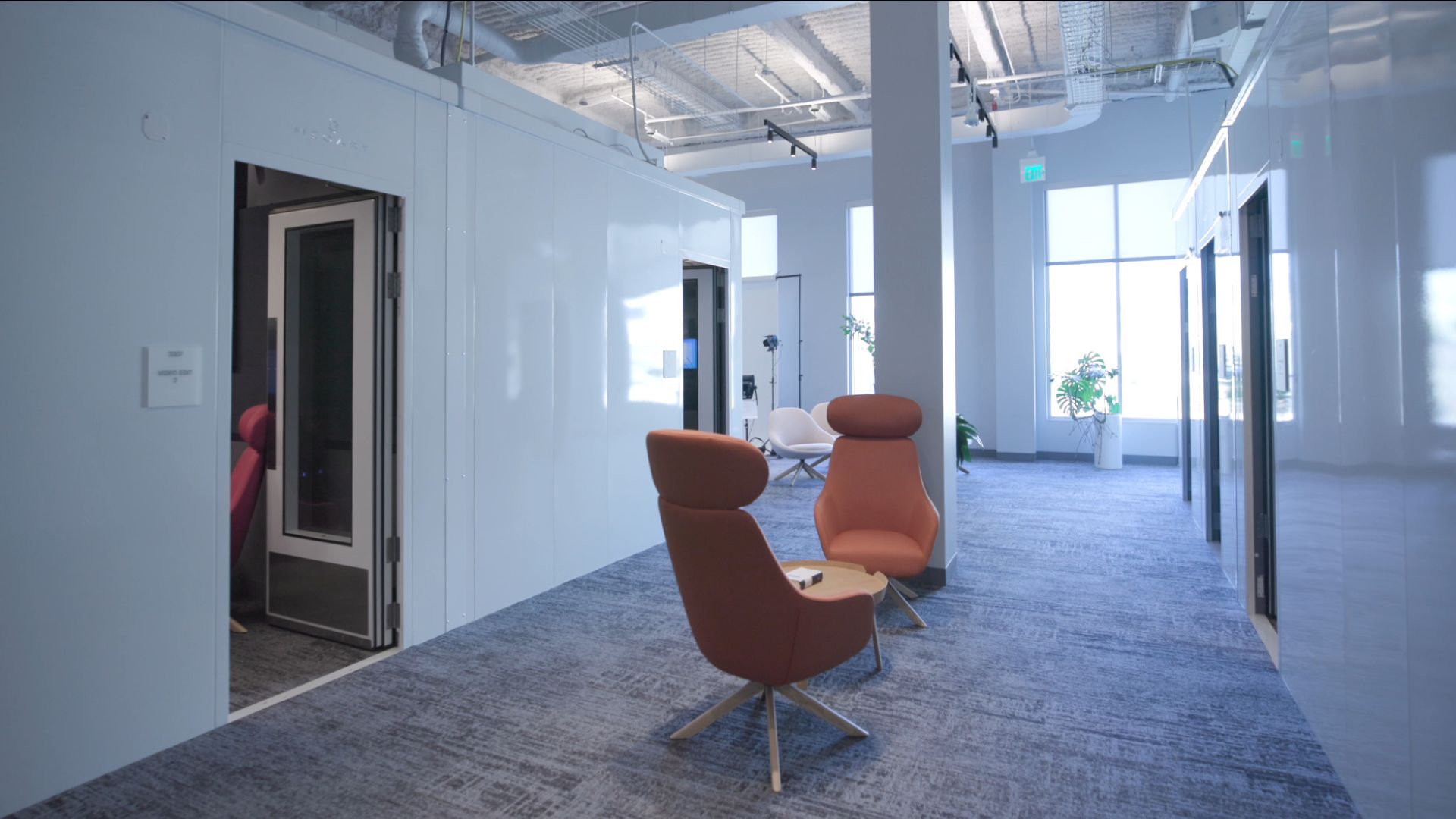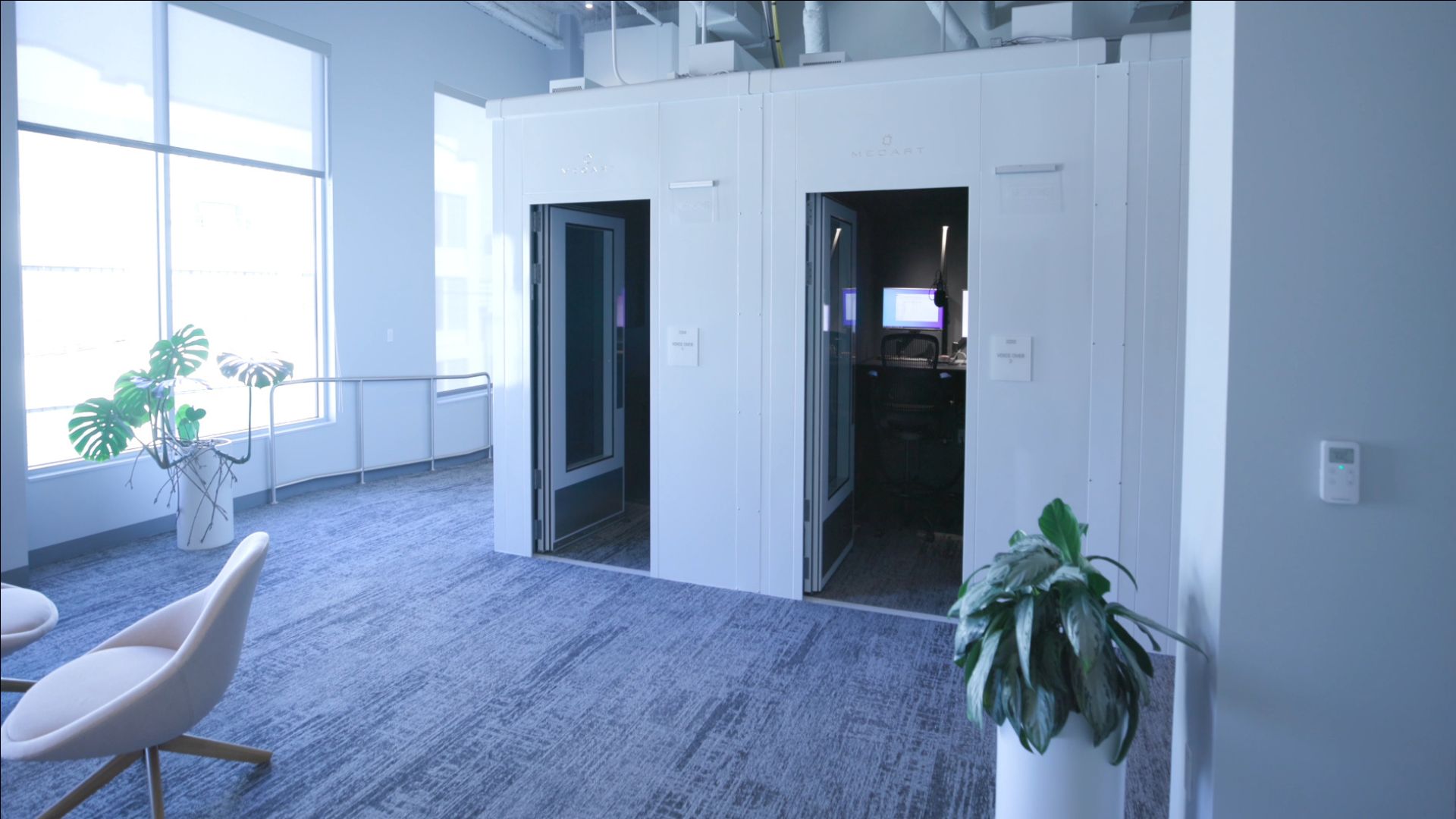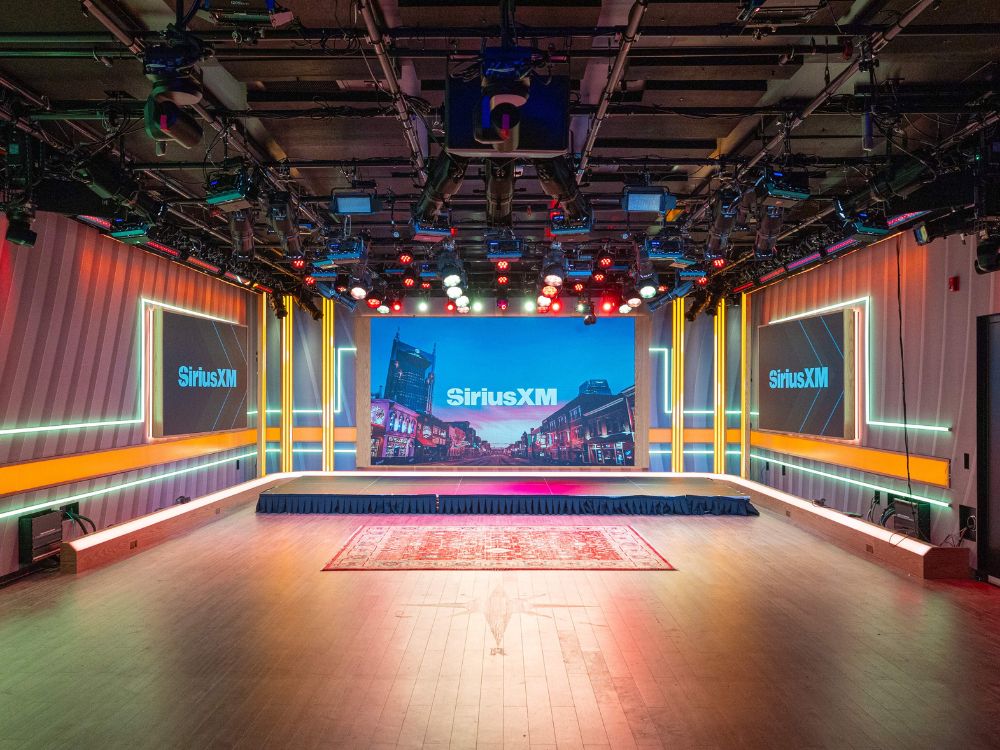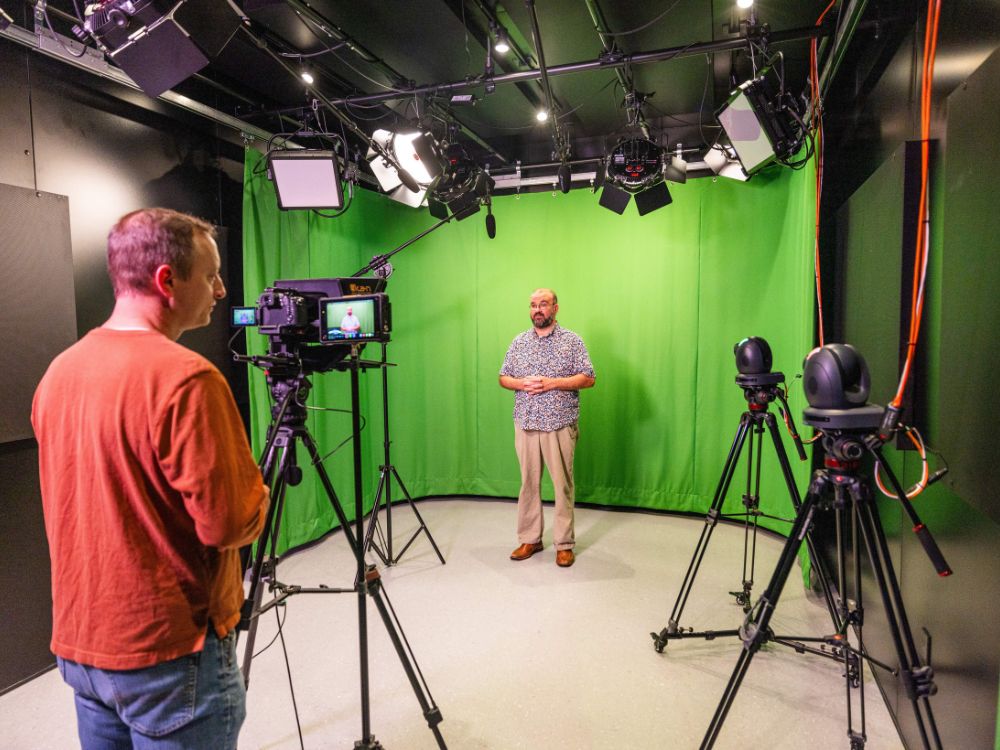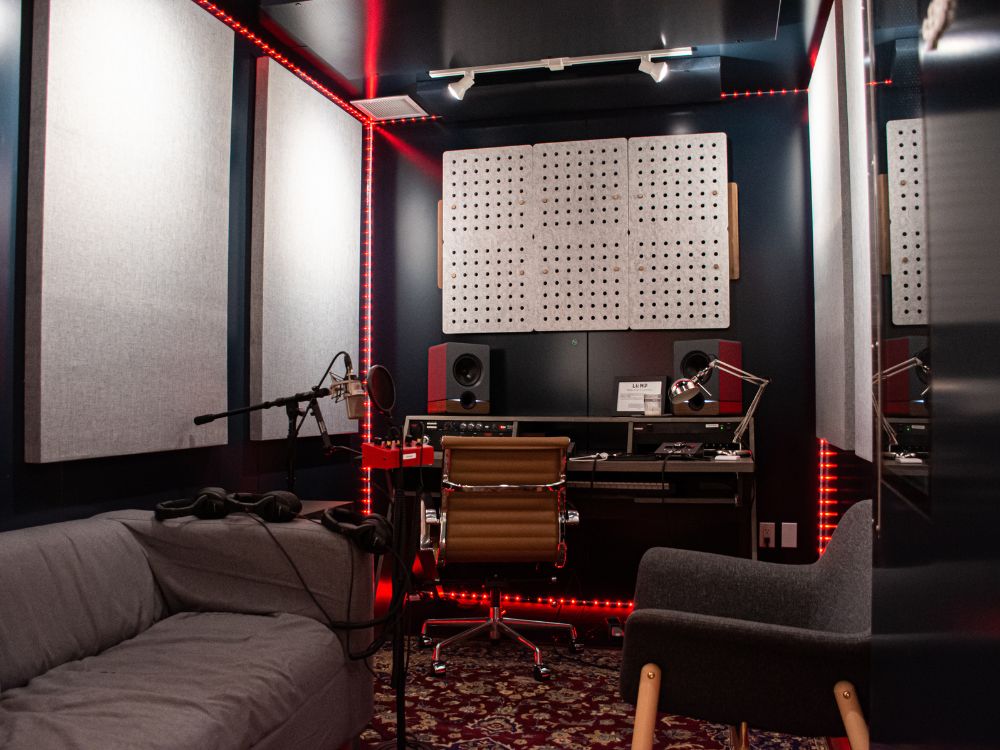Challenge
KQED embarked on a transformative renovation to upgrade its San Francisco headquarters into a cutting-edge, community-focused hub. This strategic investment aimed to enhance content creation and community engagement, fueling KQED’s continued growth as a multimedia leader within the Bay Area. However, the renovation posed significant challenges, requiring the entire team to relocate temporarily while continuing to produce high-quality radio and television content.
How could KQED create the right technical spaces in a temporary location that lacked the necessary infrastructure, all while managing financial pressures?
KQED needed to:
- Overcome Production Disruption: Continue producing high-quality content during the extensive renovation
- Temporary Facility Limitations: Create functional technical spaces, including studios, in a temporary location that lacks proper infrastructure
- Financial Burden: Find a solution that is cost-effective for both their temporary and long-term needs
Solution
KQED chose MECART for its sound studio construction to address these challenges. The modular, relocatable design offered an innovative and cost-effective way to create high-quality technical spaces, saving both time and money.
Why Did KQED Choose MECART Modular Studios for its Sound Studio Construction?
- Flexible Usage: The studios could be used in both the temporary and permanent locations, ensuring that the investment was not wasted and could be adapted as KQED transitioned back
- Cost-Effective and Future-Proof: The modular approach reduced both construction time and costs while preserving value—MECART studios could be easily relocated, providing long-term utility
- Repurposable & Customizable: The studios were adaptable for various audio and video production needs, allowing flexibility for KQED to meet different production requirements
- Premium Acoustics: MECART delivered professional-grade acoustic quality, ensuring that even in a temporary setting, KQED’s content quality would not be compromised
MECART provided KQED with all the sound studios required for their post-production needs:
- 7 video editing studios
- 2 voiceover rooms
- STC 45 soundproofing for all studios, ensuring high-quality acoustic environments suitable for KQED’s production standards
This modular solution not only allowed KQED to maintain the quality of their content during the renovation but also ensured that their investment was future-proof and adaptable for years to come.
Learn more about our sound studio construction services by downloading our brochure or reaching out directly to one of our acoustics experts.
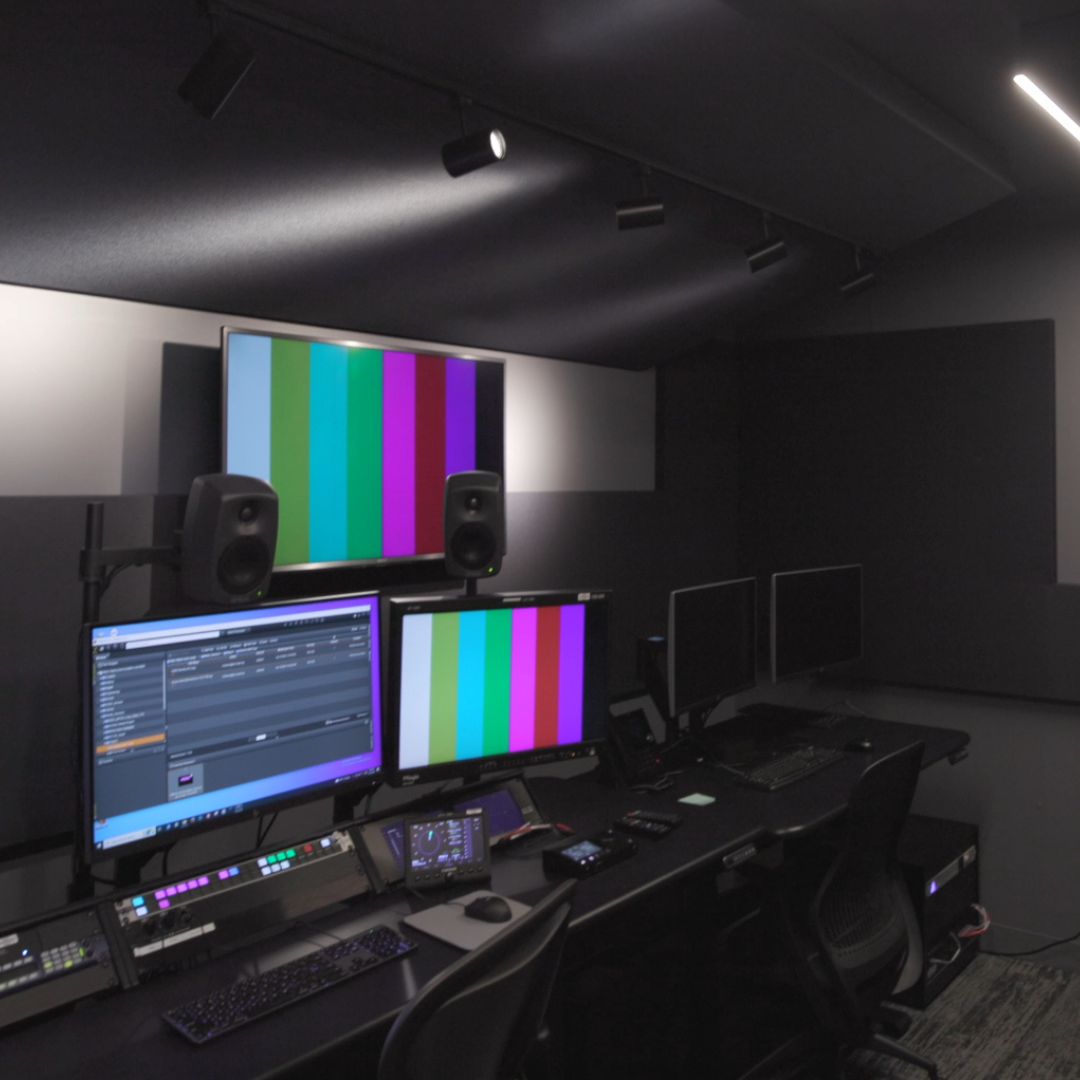
Revolutionizing Sound Studio Construction: The Rise of Modular Solutions
When building professional studios, numerous companies offer diverse products, but traditional stick-built construction has been the long-standing norm. However, its limitations have led industry leaders – including SiriusXM, LAAMP, Virginia Tech, Technicolor, MELS, Ubisoft, and KQED – to adopt modular construction.
Breaking Free from Traditional Constraints with Modular Studios
- Enhanced Flexibility with Relocatable Studios: Traditional studios are fixed and cannot be relocated, which limits adaptability. Modular studios, on the other hand, are relocatable, providing the flexibility to move and adjust to changing needs.
- Consistent Quality through Prefabrication: On-site construction is prone to errors, and even a small mistake can compromise crucial features like soundproofing. Modular construction uses prefabricated components, ensuring reliability and precision, and delivering consistent quality every time.
Read the article Why SiriusXM chose MECART for 4 of its sound studio constructions to learn more about the advantages of going modular.
Beyond flexibility and consistent quality, modular construction also offers a cost-effective solution compared to traditional construction. KQED’s experience demonstrated significant time and cost savings, making modular the smart choice for evolving content production needs.
About KQED
Through Public Television, Public Radio, Interactive, and Education, KQED provides citizens with the knowledge they need to make informed decisions; convene community dialogue; bring the arts to everyone; and engage audiences to share their stories. KQED helps students and teachers thrive in 21st-century classrooms and takes people of all ages on journeys of exploration—exposing them to new people, places, and ideas. KQED celebrates diversity, embraces innovation, values lifelong learning, and partners with those who share our passion for public service.
